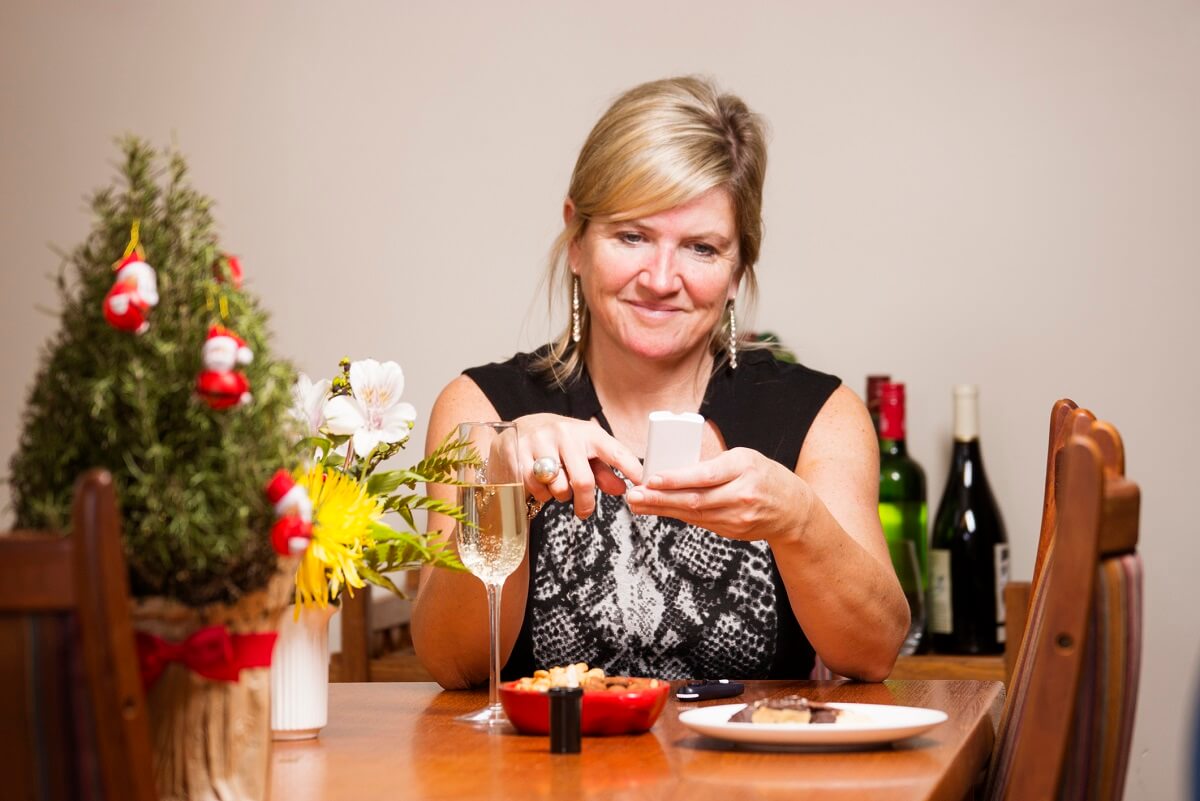Don’t Let Diabetes Hold Back Your Holiday Fun
December 12, 2022
By: Cindy Horrocks, RD, LD, CDCES
Categories: Healthy Eating
Many people with diabetes are at a loss at how to enjoy this time of year and still manage their disease.
The holidays are usually filled with family, friends, and plenty of food. Many people with diabetes are at a loss at how to enjoy this time of year and still manage their diabetes.
Nutrition guidelines for people with diabetes changed drastically in the early 1990s. After years of research, it was shown that there is no such thing as a “diabetic diet.” The recommendation for people, with or without diabetes, is simply to follow sound nutritional guidelines.
Carbohydrate is the nutrient that has the greatest impact on blood glucose. It’s important to select foods that fit into your carbohydrate budget and eat in moderation, even if you use insulin to cover your carbohydrates at your meals. Eating high fiber is also helpful. It is a type of carbohydrate that does not raise blood glucose and can keep you full for longer periods of time.
Those with diabetes are 2-3 times more likely to have cardiovascular disease, a heart attack, or stroke. As a result, while dietary fat does not increase blood glucose, it is still important to eat low fat foods and choose a heart healthy source of fat.
The following tips can help you enjoy your holidays and make healthy choices:
- Don’t skip meals. This will increase your risk of overeating when the meal begins, leading to excess calorie intake and elevated blood glucose.
- Bring your own dish that is low carbohydrate and heart healthy, such as roasted Brussels sprouts and squash with garlic, sea salt & pepper, mashed cauliflower, or a tossed salad.
- Visually scan the table to plan ahead.
- Use portion control in all selections.
- Limit gravies and sauces as they are high in calories and fat.
- Forgo seconds.
- If individuals know you have diabetes, many times they will serve sugar-free desserts. Be aware that sugar-free does not mean carbohydrate free and can still increase blood glucose and calorie intake.
- Stay hydrated.
- If you consume alcohol, limit to 1-2 small drinks. Alcohol is high in calories as well as increases risk of hypoglycemia with diabetes.
- Increase physical activity by going for a walk after the meal.
- Remember to monitor your blood glucose frequently.
- If you do overindulge, please do not stress. Move forward with a positive attitude that you can do better the next meal.
If you would like more detail or would like to learn more about diabetes, visit www.saintalphonsus.org/diabetes or call Saint Alphonsus Diabetes Care & Education at 208-302-0600 to schedule an appointment.

Cindy Horrocks, RD, LD, CDCES is a Certified Diabetes Care and Education Specialist and Clinical Diabetes Program Manager at Saint Alphonsus Medical Group
